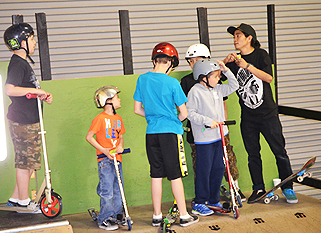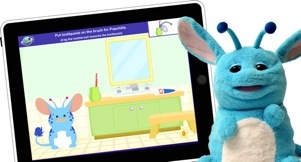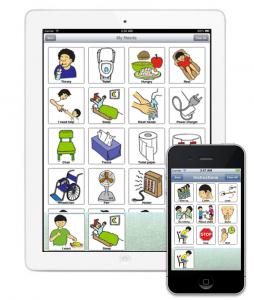
Autistic campers at sport-social enjoy the skateboard ramps during summer camp (photo: lasvegasautism.com)
Sport-Social is an off-line startup founded by 22-year-old therapist for autistic children, Andrew Devitt. Devitt created Sport-Social, a recreation/fun center of sorts, specifically for children with autism, offering therapy through sports, fun, and group activities. The goal is to teach autistic children social skills through sports, games and the arts.
Last month, The Nevada Institute For Renewable Energy Commercialization held Project Vesto a startup contest with a $100,000 prize for startups across the state. The contest received over 230 entrants, and polling was done online.
Sport-Social was selected as the grand prize winner out of all the entrants. They will receive $25,000 in seed money and must hit milestones in order to receive the rest of the prize money.
While this story has a very very positive outcome, it didn’t look that way a couple of months ago. Back in May an arsonist set fire to the facility causing over $80,000 in damages, the worst nightmare for an already bootstrapped startup. Sport-Social’s employees worked around the clock to partially open up the facility a week later so the over 250 children that benefit from it’s programming.
The Las Vegas Sun reports that when Devitt woke up on Monday, April, 18th his phone was filled with voicemail messages from neighboring businesses and his alarm company. When he first heard the news that Sport-Social had a major fire he didn’t quite comprehend. When he arrived at the location he found out that seven fires had been set and that the prize closet and equipment for the children had been ruined. 24-year-old Samuel Powers, who used to work for an agency that collaborated with Sport-Social, was arrested for setting the fires.
Overcoming the tragedy, rebuilding, and pressing on led the company to the win the contest which will help the rebuilding efforts.
Despite the fire and rebuilding, Sport-Social will benefit from the program in other ways, namely mentorship and guidance on preparing the business to continue to grow in Nevada.
“For startup companies like Sport-Social, it is extremely important to couple hands-on mentorship with seed capital to help ensure their success,” Ian Rogoff, Chairman of the Board of NIREC said in a statement. Through Project Vesto, Sport-Social will gain access to a distinguished network of angel investors, experienced entrepreneurs, and consultants who will work hands-on with Sport-Social over the coming months to take their business concept to the next level. “We look forward to helping Sport-Social become an even bigger success story for Nevada than it already is,” says Rogoff.
You can find out more about the Project Vesto here and about Sport-Social here.





